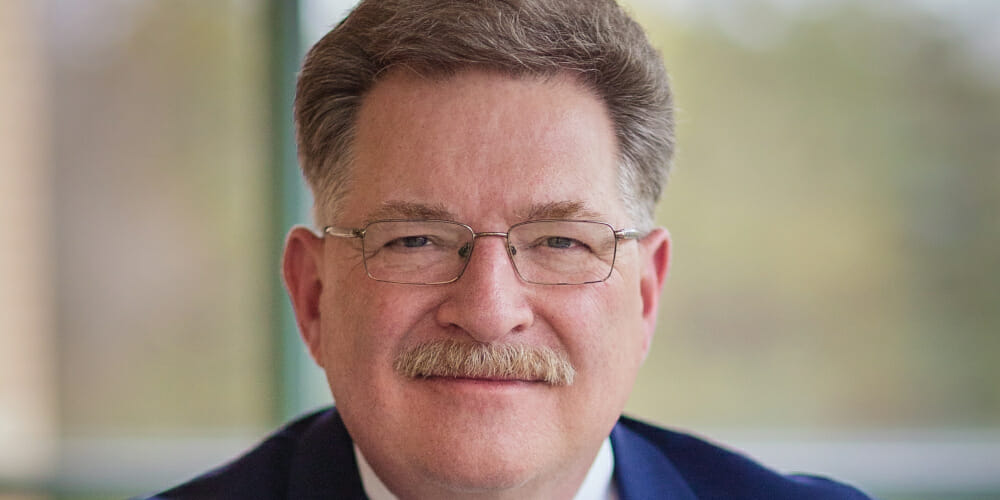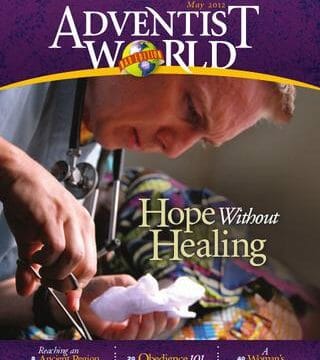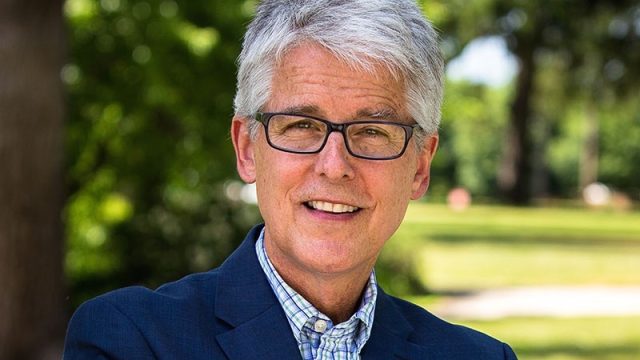The gospel of a loving, seeking, sacrificing Saviour always is the strongest antidote to fear.

Long before the coronavirus claimed a half-million lives, devastated millions more through grief and loss, completely upended the world economy, and set the torch to what we used to happily refer to as “the global village,” our world had been sliding into an even greater and more insidious pandemic.
It came upon us slowly, punctuated by hard moments of politics or war. We watched it gain a footing in the aftermath of natural disasters, ethnic and racial violence, and movements of displaced peoples. It sprang to life with the fiery rhetoric of demagogues and wily tyrants who harnessed its infectious power to give them power and swell their armies of followers.
This older pandemic is fear itself—the deep suspicion of those who do not look like me, or talk like me, or believe as I believe. Its fundamental appeal is as old as fallen Eden and as modern as today’s trending topics. It gratifies the sinful human urge to trust no one, believe no one, accept no one, in order to protect ourselves.
And if this were only the tragic tale of a world gone angry and self-centered, we might dismiss it as yet another sign of a world soon to end. Jesus Himself prophesied our times: “The love of many will grow cold” (Matt. 24:12)—heartless, thoughtless, restless, inward.
But it should surprise no one that the pervasive fear infecting the wider world has also gained a foothold among those who follow Jesus, for fear can sometimes hide in faith. The gospel’s call to build communities of trust, to love our neighbors, to offer food and shelter to the hungry, homeless, war-tossed people of the world, gets canceled by the anxious fear that we will lose something in so doing. The crowning virus of them all is fear itself—contagious, virulent, not even requiring human-to-human contact.
And sadly, even in this remnant church there are those who make their living by teaching us to distrust each other, never mind the wider world. “Don’t mingle with conservatives,” they say, or “liberals,” or “those who worship differently,” or “those who live in places we don’t know.” The tribalism we deplore around us in society has found a painful parallel with us by pitting those who intend to follow the Lamb against even those who follow Him from other starting points. And so we huddle just with those who think like us, or talk like us, or share our skin color or place of origin.
This is a moment when we must read aloud in all our churches: “There is neither Jew nor Greek, there is neither slave nor free, there is neither male nor female; for you are all one in Christ Jesus” (Gal. 3:28).
The gospel of a loving, seeking, sacrificing Saviour always is the strongest antidote to fear. It is the truth that holds us, binds us together, and teaches us to love the fear-filled people of our world.








